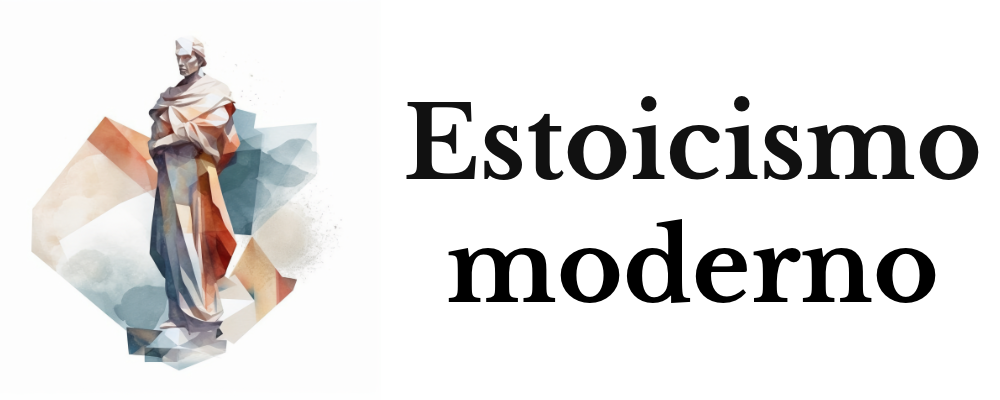Death is the liberation from all worries.

Reflection
Life is a series of unexpected events, a tangle of uncontrollable circumstances that dictate our experience of the world. Our attempt to control these events, to prevent misfortunes and perpetuate joys, is often the source of our deepest worries. We cling to what brings us pleasure and fight against what causes us pain, in a constant dance with the forces of fate. However, Stoic teachings urge us to free ourselves from this clinging, to accept the natural course of life and death.
Death, for Stoicism, is not something to fear, but a natural phenomenon to accept. Just as we do not torment ourselves over the time that preceded our birth, the Stoics argue that we should not worry about the time that will follow our death. Death is simply a return to the state in which we were before we were born. It is a release, not only from our worries but also from our joys, our loves, our sorrows, and our passions.
This reflection should not be interpreted as an invitation to apathy or renunciation, but as a call to focus on what we can control: our actions and responses to life's events. If we can let go of our worries about what is out of our control, we can live with greater tranquility and clarity.
"Death is the liberation from all worries." This phrase does not invite us to long for death, but to free ourselves from the slavery of fear of it. It calls us to live with courage and authenticity, to face each day as if it were the last, and to appreciate every moment of life, knowing that, ultimately, all our sorrows and joys will be released in the great rest of death.
This understanding, though it may seem somber, actually offers profound liberation. By accepting the inevitability of our own death, we can stop clinging to the worries that cloud our existence. We can focus on what truly matters: living according to our principles, loving unreservedly, and facing each moment with the serenity that comes from understanding that, ultimately, everything is ephemeral.
In conclusion, from Stoicism, death is not the feared end, but a reminder to live each day in harmony with nature and our true selves, and to free ourselves from the bonds of worries. The knowledge that one day we will be released from everything, even ourselves, allows us to live with authentic freedom and courage.
Question
How might your perspective on life change if you view death as a release from worries rather than something to fear?
Exercise
Reflect on your own mortality and how it might influence your attitude toward life. Consider how your behavior would change if you saw death as a release rather than a terrifying end.
